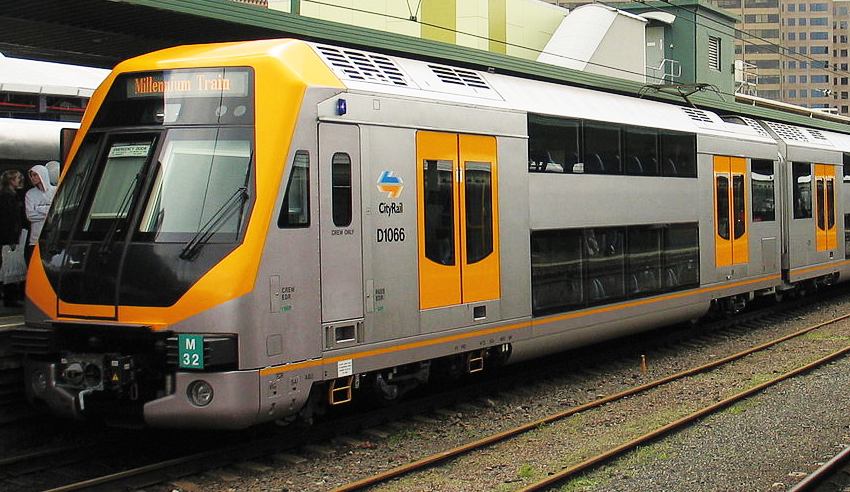Union members have voted to go ahead with their planned industrial action on Monday, despite legal efforts to stop the strike.

Sydney Trains employees voted yesterday afternoon to go ahead with Monday’s 24-hour strike.
However, less than 6 per cent of the RBTU’s 6,000 NSW members voted to cancel the strike in yesterday’s text message poll.
The industrial action includes an indefinite overtime ban, as the current timetable relies on staff working overtime. This means that today’s services have been reduced from 2,900 to 1,600. Approximately 500 buses are on hand around the city to help commuters reach their destinations.
Prominent employment law firm Harmers Workplace Lawyers has weighed in on the dispute, commencing legal action with the Fair Work Commission on Tuesday on the grounds that its staff and business would be unfairly impacted by the strike.
The Harmers case was put before the Fair Work Commission yesterday afternoon in a joint hearing with Sydney Trains and NSW Industrial Relations Minister Dominic Perrottet, who have commenced legal action of their own to stop the strike.
“We sincerely hope that union members will vote to call off the strike,” Harmers said in a statement yesterday.
“The proposed industrial action is not in the public interest and is excessive. The community – employers and employees alike – should not be exposed to the enormous disruption and economic loss simply because two warring parties cannot agree.”
The firm said the strike would directly affect the majority of its staff, who rely on trains to get to work, causing a “considerable loss of revenue, cash flow and productivity”.
Harmers argued that the strike was not protected under the Fair Work Act, saying it was “to a significant extent an old-fashioned ‘demarcation dispute’”.
A demarcation dispute is typically a dispute between two trade unions over which union’s members should perform a particular job. According to The Australian Financial Review, a spokesman for Harmers said one of the unresolved issues was the right of Sydney Trains to engage contractors to do the same work as direct-hire employees.
The firm told the Fair Work Commission that if the strike is found to be unprotected by the Fair Work Act, the RBTU could be at risk of a class action.
“Today we have made the very important point to the Commission that the RTBU union leadership is at substantial risk of a class action for having misled their members as to the potential consequences of their industrial action,” the firm said in a statement last night.
“By not fully explaining to their members that if the strike is found by the court not to be ‘protected’ under the legislation, then companies and individuals who suffer economic loss as a result of the industrial action could sue as a class. Individual union members might also be at risk.
“The damages, from the overtime bans alone, will already be significant and will mount up on Thursday. If the strike itself goes ahead, then the damages will be a multiple amount. Already there are estimates of around $100 million or more.”
The hearing resumed at 8am this morning.
Harmers also said its history of acting for various parties in the rail industry did not prompt it to launch legal proceedings.
“Harmers Workplace Lawyers has acted for major rail employers, including RailCorp, and major rail union many years ago,” the firm said.
“Presently the firm is acting against Sydney Trains in an employment dispute. This legal action has not been prompted in any way by Sydney Trains, NSW Trains, the NSW government or any other party.”